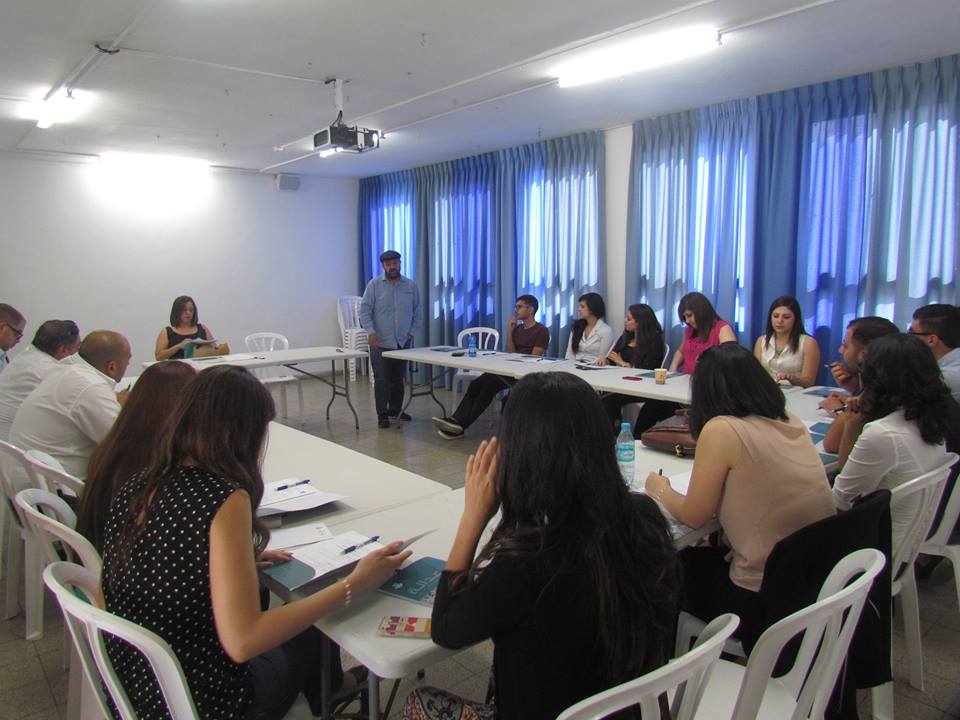Israeli Court Approves Administrative Detention of Palestinian Citizen of Israel
The President of the District Court of Nazareth, Justice Yehuda Abramovich, yesterday approved a six-month administrative detention order against Mr. Ghassan Athamleh. The order, issued on 4 December 2000 by Prime Minister and Minister of Defense Ehud Barak, is the first such administrative detention order to be issued against an Arab Palestinian citizen of Israel since 1997. The Court’s decision was based on ‘secret evidence,’ presented to the Court by the State’s prosecuting attorney, Ms. Esther Gofer and the General Security Services (GSS) (‘Shin Beit’). Neither Mr. Athamleh nor his defense team was allowed to see the secret evidence or respond to it.
Mr. Athamleh was detained on 21 November 2000 and subjected to GSS investigation for ten days before the Defense Minister issued an administrative detention order. During this period, Mr. Athamleh was held in ‘incommunicado detention,’ not permitted to meet with his lawyers or family members. The Emergency Powers (Detention) Law (1979) authorizes the government to order the administrative detention of individuals for up to a six-month period, which may then be renewed repeatedly.
Mr. Athamleh lives in Reineh village in the Galilee (near Nazareth). He is 38 years old, and is married with four children. He is a political activist and a Central Committee member of the Balad party (National Democratic Alliance). Mr. Athamleh was administratively detained on two prior occasions, once in 1988 and once in 1995. He is being held in the Kishon “Jalamee” prison in isolation, denied contact with the other detainees and forced to remain in his cell 23 hours per day.
Adalah lawyers, Mr. Hassan Jabareen (General Director) and Mr. Jamil Dakwar, represent Mr. Athamleh. They argued that administrative detention severely violates Mr. Athamleh’s due process rights, in clear contradiction with the Basic Law: Human Dignity and Freedom (1992), which provides for the right to liberty and the right to dignity. If the State believes that Mr. Athamleh committed offenses, the State should initiate a criminal prosecution and submit an indictment, which informs Mr. Athamleh and his lawyers of the charges against him and allows them to challenge the State’s allegations. They also charged that Mr. Athamleh’s detention was politically motivated.
Justice Abramovich rejected the argument that the goal of issuing the order against Mr. Athamleh was to stop his political activity. He found that there isn’t and wasn’t ‘even the shadow of a shadow of any political act’ in the Defense Minister’s issuance of the detention order. Justice Abramovich also stated that the initiation of a criminal prosecution was impossible due to the State’s need to protect its sources, as well as the methods used to obtain such information. Justice Abramovich agreed that the State Prosecutor could not allege facts sufficient to criminally charge and detain Mr. Athamleh, and that alternative measures - such as house arrest or other restrictions on movement - would be insufficient to ensure against Mr. Athamleh’s dangerous activities. Adalah will appeal this decision to the Supreme Court.

















